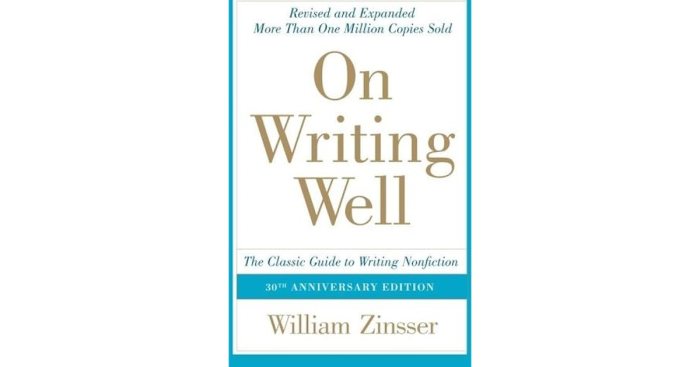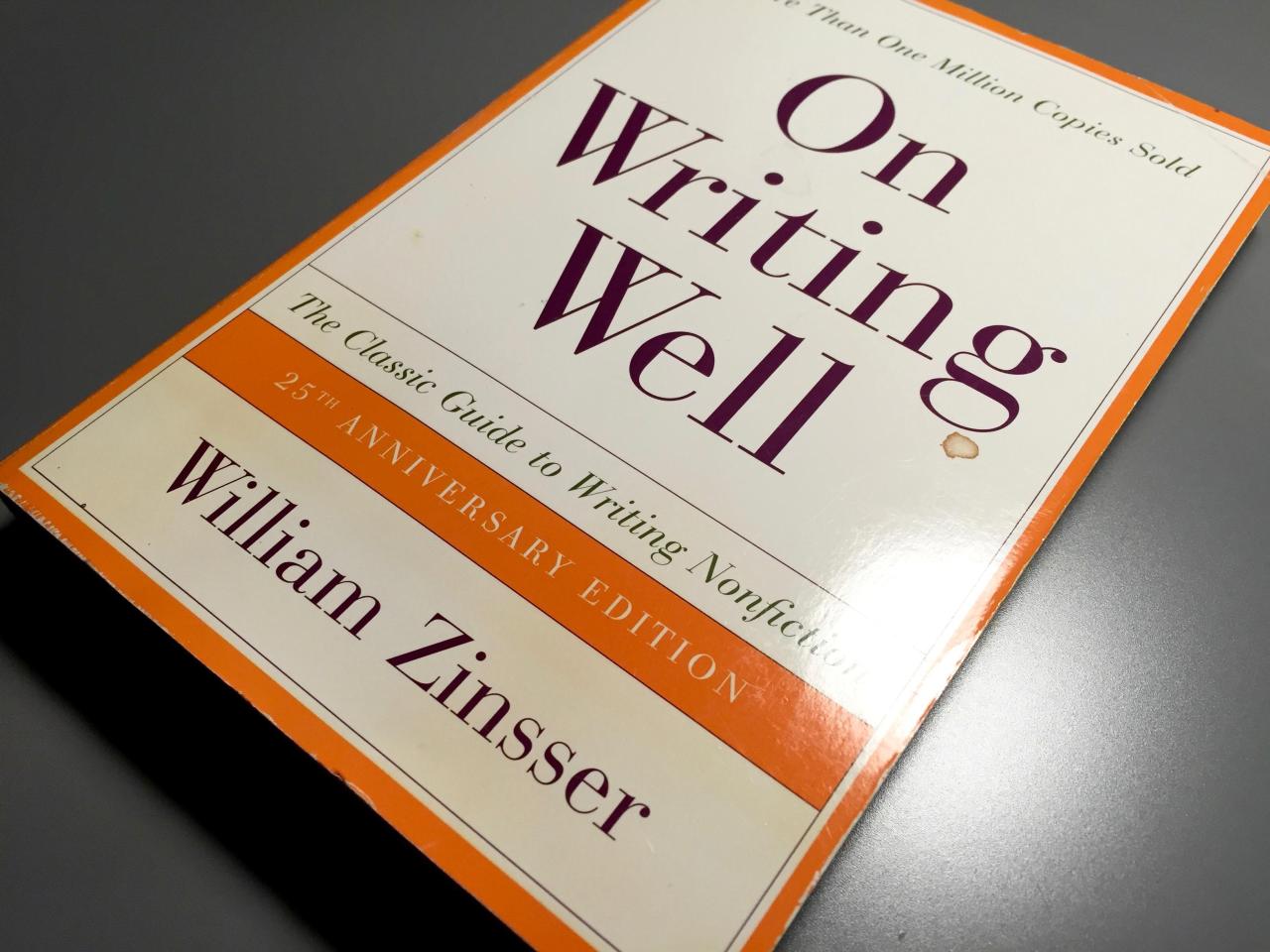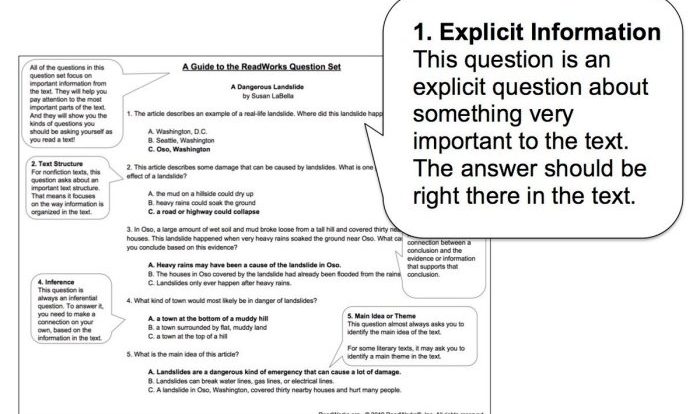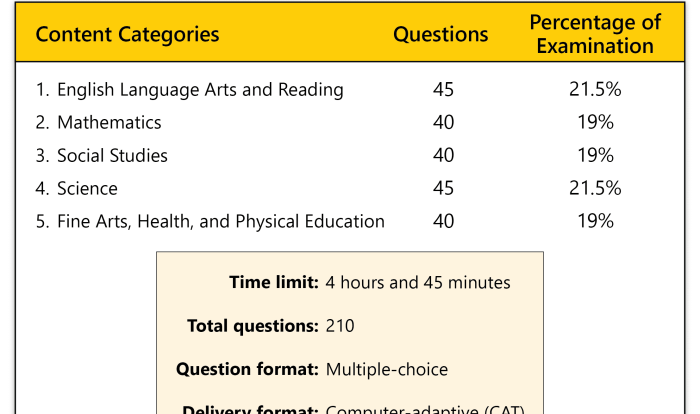The right to fail by william zinsser – William Zinsser’s “The Right to Fail” presents a compelling argument for embracing failure as an essential aspect of personal and professional growth. This groundbreaking work challenges the traditional fear of failure and provides a roadmap for overcoming obstacles and achieving success.
Zinsser’s insights extend beyond the realm of writing and education, offering valuable lessons for individuals and organizations in all walks of life. By fostering a culture that values failure, we can unlock creativity, innovation, and progress in all aspects of society.
1. Introduction to William Zinsser’s “The Right to Fail”: The Right To Fail By William Zinsser

William Zinsser (1922-2015) was an American writer, editor, and teacher best known for his clear and concise writing style. His book “The Right to Fail” (1994) is a classic work on the importance of embracing failure in writing and education.
Zinsser argues that failure is an essential part of the learning process. By accepting and even embracing failure, we can learn from our mistakes, develop our resilience, and ultimately achieve greater success.
2. The Importance of Embracing Failure
Zinsser argues that failure is an essential part of the learning process. When we fail, we have the opportunity to learn from our mistakes and improve our performance. Failure can also help us develop our resilience and perseverance.
There are many psychological and emotional benefits to accepting failure. Failure can help us to:
- Learn from our mistakes
- Develop our resilience
- Become more creative
- Increase our self-confidence
3. The Role of Failure in Writing, The right to fail by william zinsser
Zinsser believes that writers must be willing to take risks and experiment in order to develop their style and voice. Failure is an essential part of this process. By embracing failure, writers can learn from their mistakes and develop their writing skills.
Some of the most famous writers in history have embraced failure in their work. For example, Ernest Hemingway famously said, “The first draft of anything is shit.” This quote reflects Hemingway’s belief that writing is a process of revision and improvement.
Failure is an essential part of this process.
4. Overcoming the Fear of Failure
Many people are afraid of failure. This fear can prevent us from taking risks and trying new things. However, there are several strategies that we can use to overcome the fear of failure.
One strategy is to challenge our negative thoughts about failure. We can also try to focus on the positive aspects of failure, such as the opportunity to learn and grow.
5. The Right to Fail in Education
Zinsser’s ideas about failure have important implications for education. Zinsser argues that schools should create a learning environment that values failure. This means allowing students to take risks and learn from their mistakes.
There are several ways that teachers can create a learning environment that values failure. For example, teachers can:
- Encourage students to ask questions
- Allow students to make mistakes
- Provide students with feedback on their work
- Celebrate students’ successes
6. The Right to Fail in Society
Zinsser’s ideas about failure have broader implications beyond writing and education. Zinsser argues that the right to fail is essential for creativity, innovation, and progress in all aspects of life.
When we are afraid to fail, we are less likely to take risks and try new things. This can stifle creativity and innovation. However, when we embrace failure, we are more likely to take risks and try new things. This can lead to great success.
Expert Answers
What is the main argument of William Zinsser’s “The Right to Fail”?
Zinsser argues that failure is an essential part of the learning process and should be embraced rather than feared.
How does failure contribute to personal growth?
Failure can teach valuable lessons, build resilience, and foster creativity.
What role does failure play in the writing process?
Zinsser believes that writers must be willing to take risks and experiment, which inevitably involves failure as a necessary step in developing their style and voice.
How can we overcome the fear of failure?
Overcoming the fear of failure requires identifying and addressing underlying anxieties, developing a positive attitude towards failure, and building resilience through perseverance.




